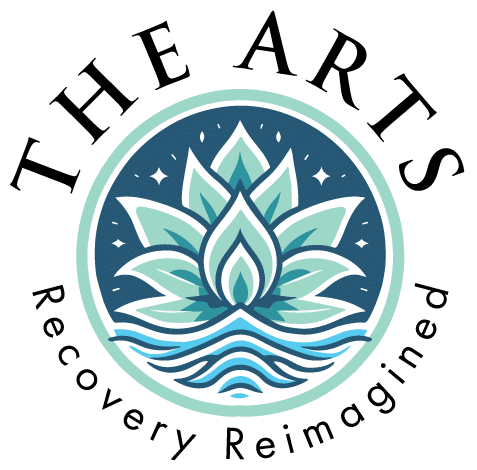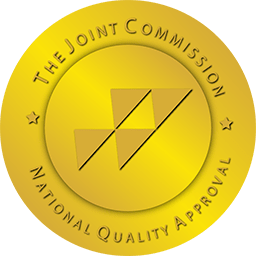Addiction is an illness that impacts not only the person struggling with it but also those close to them in various ways. It could involve substance addiction like alcohol and drugs or behavioral addictions such as gambling or excessive internet use. The effects extend to all areas of an individual’s life. It can significantly strain their connections with family and partners. Addiction has the potential to cause conflicts, distrust, and feelings. It sometimes leads to the complete collapse of familial or romantic ties. This article explores the effects that various forms of addiction have on relationships and offers advice on recognizing issues before they escalate beyond repair.
Substance Abuse and Its Impact on Relationships
Substance addiction, like alcohol and drug dependency, is an issue that can severely impact relationships by altering a person’s behavior and emotions while impairing their ability to function normally in life situations such as work or social interactions.
Credibility Concerns
When dealing with addiction issues, trust is often the thing to suffer for individuals involved in struggles. A partner or family member may resort to dishonesty in an attempt to conceal their behaviors or fail to keep promises about quitting substance use altogether. This continuous cycle of deception ultimately erodes trust to a point where rebuilding becomes a challenge, even if the individual decides to seek assistance.
Keeping a distance.
When a person is struggling with addiction and consumed by its hold, their attention tends to veer from those closest to them and fixate on the substance they crave. This change can lead to emotional detachment as they may become less engaged or more unpredictable in their emotions. For family members or significant others, it might seem like the person battling addiction is no longer there, resulting in feelings of solitude and neglect.
Financial Burden
Addiction can place a significant financial strain on relationships, as individuals struggling with substance use may prioritize their addiction over meeting essential needs like rent, groceries, or bills. The ongoing cost of maintaining an addiction can lead to financial instability, causing stress for both partners. This recklessness may deepen existing relationship issues, primarily when the burden extends to shared responsibilities, such as raising children or managing joint assets.
In more severe cases, the individual with an addiction may resort to stealing from or deceiving loved ones to sustain their habit. These actions lead to financial hardship and severely damage trust, a cornerstone of any healthy relationship. Over time, the combination of economic instability and eroded trust can cause a relationship to unravel, making it even harder to work through the challenges of addiction as a team. Addressing these financial concerns early on is crucial to preventing further damage to the relationship.
Seeking Assistance with Addiction in a Relationship
If any of these red flags appear in your relationship due to addiction, it is essential to take steps to prevent the situation—and the bond shared—from deteriorating. Here are a few initial measures to consider:
First, initiate a conversation with the partner about their addiction and its impact on the relationship, approaching the subject with empathy rather than blame.
In relationships where addiction is present, setting and maintaining boundaries is crucial. These boundaries protect emotional and financial well-being while giving the loved one the space to seek the support they may need.
Encouraging the loved one struggling with addiction to seek assistance, such as therapy or rehabilitation programs, is critical to addressing the issue. Seeking therapy personally may also be beneficial to cope with the effects of addiction. It is important to remember that seeking help is a sign of strength and understanding, not weakness.
Additionally, joining support groups is essential for individuals affected directly or indirectly by addiction, as these groups provide guidance and coping strategies.
The ARTS IOP is Here to Help
If you’re facing challenges with addiction and how it’s affecting your relationships or those close to you in a way, it’s essential to know that there are resources there for support. The ARTS IOP (Intensive Outpatient Program) is committed to assisting people from backgrounds on their journey to recovery from addiction. Whether you’re struggling with substance abuse issues, behavioral addictions, or mental health conditions that co-occur, The ARTS IOP offers outpatient treatment options that enable individuals to seek assistance while managing their day-to-day commitments.
Their caring and skilled group provides customized programs to assist in rebuilding connections and bringing harmony back into your life. Don’t allow addiction to dominate your relationships any further; contact The ARTS IOP today and begin the journey towards healing.





